How to Support Fine Motor Skills Development
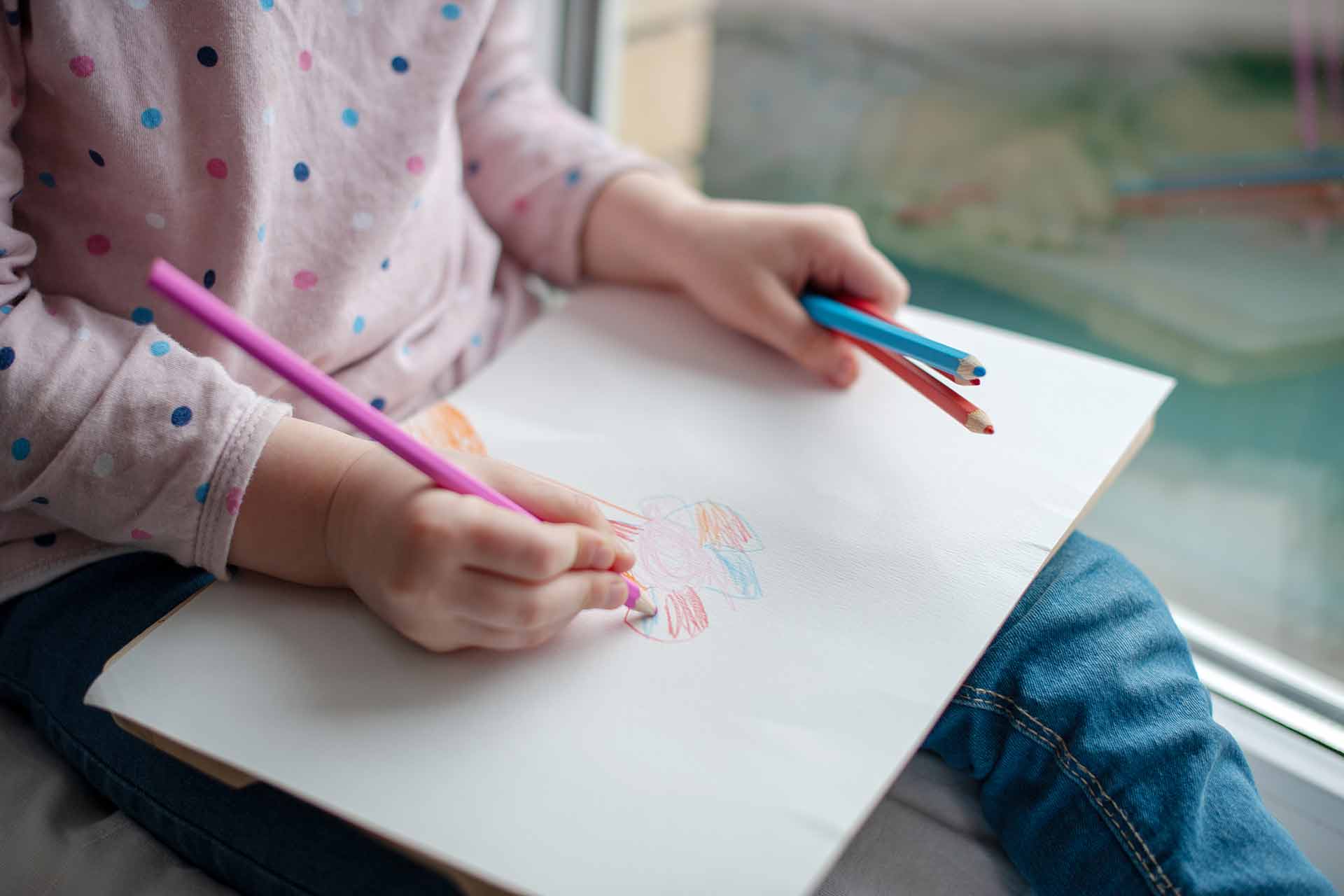
To support fine motor skills development, engage children in activities like drawing, cutting, and stacking. These activities help strengthen hand muscles and improve hand-eye coordination.
Fine motor skills are crucial for children’s ability to perform everyday tasks and achieve academic success. Developing these skills can also have a positive impact on their confidence and independence. By providing opportunities for children to practice fine motor activities through play and structured tasks, parents and educators can support their overall development.
Encouraging activities like building with blocks, threading beads, and using scissors can help children refine their fine motor skills in a fun and engaging way. We will explore effective strategies and activities to promote fine motor skills development in children.
Understanding Fine Motor Skills
Fine motor skills refer to the coordination of small muscles in the hands and fingers, enabling activities that require precision and dexterity. Understanding these skills and their significance in child development is crucial to offering appropriate support for children’s growth and learning.
Explanation Of Fine Motor Skills
Fine motor skills involve the coordination and control of small muscles in the hands and fingers. These skills are essential for performing tasks that require precision, such as writing, drawing, using scissors, buttoning clothing, and picking up small objects. Fine motor skills also play a critical role in hand-eye coordination and overall dexterity.
Importance In Child Development
The development of fine motor skills is integral to a child’s overall growth and abilities. Proficient fine motor skills contribute to a child’s academic success, self-care independence, and overall confidence. By enhancing fine motor skills, children are better equipped to engage in various activities and achieve developmental milestones.
Connection To Daily Activities
Fine motor skills are closely intertwined with daily activities that children engage in, including writing, drawing, manipulating small objects, using utensils, and dressing themselves. These skills are also crucial for tasks like turning pages of a book, using electronic devices, and participating in arts and crafts activities. By understanding the connection between fine motor skills and daily activities, caregivers and educators can provide targeted support to enhance these abilities.
Identifying Fine Motor Milestones
Identifying Fine Motor Milestones is crucial for understanding and supporting a child’s development. By recognizing the early childhood indicators, age-specific abilities, and knowing when to seek guidance, parents and caregivers can actively promote the fine motor skills development of young children.
Early Childhood Indicators
From birth to the first few years, children display specific early childhood indicators that help gauge their fine motor skills development. These indicators include:
- Reaching and grasping objects by 3-4 months
- Development of pincer grasp (using thumb and forefinger to pick up small objects) by 9-12 months
- Ability to stack blocks by 18 months
- Using utensils and holding crayons by 2-3 years
Age-specific Abilities
As children grow, their fine motor skills continue to progress at different stages:
- 12-24 months: Refining the pincer grasp, starting to scribble, and turning pages of a book
- 2-3 years: Building towers with small blocks, stringing large beads, and drawing basic shapes
- 3-4 years: Mastering more precise drawing, cutting with scissors, and dressing independently
- 4-5 years: Drawing recognizable figures, using utensils with more control, and beginning to tie shoelaces
When To Seek Guidance
While children progress at varied rates, there are signs that may indicate a delay in fine motor skills development that should prompt seeking professional guidance, including:
- Consistent difficulty with holding and using tools
- Inability to perform age-appropriate tasks, such as buttoning clothes or using scissors
- Persistent avoidance of fine motor activities
Activities For Motor Skills Enhancement
Activities for Motor Skills Enhancement are crucial for the overall development of a child. Fine motor skills are essential for performing everyday tasks, from writing and cutting to zipping up a jacket. Engaging in age-appropriate activities can significantly support the enhancement of these skills. By understanding the role of play in development, implementing age-appropriate activities, and ensuring variety and fun, you can help children strengthen their fine motor skills in an enjoyable and effective manner.
Role Of Play In Development
Play is an integral part of a child’s learning and development. It provides opportunities for children to practice and refine their fine motor skills in a natural and enjoyable way. By engaging in various playful activities, children can strengthen their hand-eye coordination, dexterity, and grip strength, which are essential for fine motor skill development.
Tips For Age-appropriate Activities
- Choose activities that are suitable for the child’s age and abilities.
- Offer a mix of activities that involve manipulating small objects, such as threading beads or using tweezers.
- Encourage activities that focus on hand and finger strength, such as squeezing and molding clay or playing with playdough.
- Introduce tasks that involve precise hand movements, such as cutting with child-safe scissors or drawing intricate patterns.
- Provide opportunities for children to practice hand-eye coordination through activities like catching and throwing a ball or stacking blocks.
Incorporating Variety And Fun
Variety and fun are essential elements in supporting fine motor skill development. Offering a diverse range of activities can keep children engaged and motivated to practice their skills. Incorporating games, crafts, and creative projects can make the learning process enjoyable, helping children develop their fine motor skills in a positive and stimulating environment.
This HTML content is designed to be human-like and SEO-optimized by focusing on the development of fine motor skills in children through engaging activities. The use of bold formatting emphasizes the key points, while the incorporation of lists and paragraphs makes the content easy to read and understand.
Strategies In Support Development
Building A Supportive Environment
Creating an environment that fosters fine motor skill development is essential. Furnish a dedicated space with ample natural light and comfortable seating to encourage prolonged engagement in fine motor activities. Minimize unnecessary distractions and organize the area to support efficient mobility and accessibility to tools and supplies. Additionally, incorporating age-appropriate furniture and tools will further promote an environment that is tailored to the specific needs of the individual.
Balancing Challenge And Success
Designing activities that provide an appropriate level of challenge is crucial to fine motor skill development. Encouraging tasks that require precision and coordination, yet remain within the individual’s capabilities, is paramount. Find the balance between challenging activities that promote growth, while also ensuring that regular successes are achieved to maintain motivation and self-esteem.
Practical Tools And Resources
Utilizing appropriate tools and resources is fundamental in supporting fine motor skill development. From simple tools like scissors and pencil grips to more advanced equipment such as manipulative toys and building blocks, ensuring access to a variety of resources is essential. Furthermore, incorporating sensory materials like playdough and textured objects can enhance tactile stimulation and motor coordination.
Encouraging Regular Practice
Encouraging regular practice is essential for the development of fine motor skills in children. By establishing effective routines, providing motivation and positive reinforcement, and tracking progress, parents and caregivers can create an environment that nurtures the refinement of these crucial skills.
Setting Up Effective Routines
Consistency is key when it comes to supporting fine motor skills development. By incorporating regular practice sessions into a child’s daily schedule, you can create a sense of predictability and structure that is conducive to skill improvement. Consider setting aside specific times each day for activities that target fine motor skills, such as drawing, cutting, and threading beads.
Motivation And Positive Reinforcement
Motivating a child to engage in regular fine motor skill practice can be achieved through positive reinforcement. Offer praise and encouragement when the child demonstrates progress or effort in their activities. Additionally, consider incorporating fun and engaging tasks that pique the child’s interest and make practice a rewarding experience.
Tracking Progress And Adjustments
Monitoring a child’s progress in fine motor skill development is crucial for understanding their needs and making necessary adjustments. Keep track of their performance in various activities and observe any challenges they may face. Based on these insights, adapt the practice routines and activities as needed to ensure the child continues to progress effectively.
How To Support Development At Home
Encourage fine motor skills development at home by introducing activities like drawing, cutting, and using playdough. Engaging in puzzles, threading, and building with blocks can also support the development of these skills. Provide a variety of materials and opportunities for practice to help children refine their motor abilities.
Daily Life Integration Ideas
Integrating fine motor skill development into daily activities at home can greatly support a child’s progress. Simple, everyday tasks can be transformed into opportunities for honing these skills.
- Encourage children to help with setting the table, stirring food while cooking, and pouring drinks.
- Provide opportunities for them to dress themselves, such as buttoning shirts, tying shoelaces, and zipping up jackets.
- Support writing skills by having them help with writing grocery lists, thank you notes, or drawing in a sketchbook.
Collaborating With Professionals
Working with occupational therapists or early childhood educators can provide valuable insights and guidance to support fine motor skill development at home.
By collaborating with professionals, parents can gain personalized strategies and activities tailored to their child’s specific needs.
Adapting Activities For Individual Needs
Adapting activities is crucial to ensure that each child can engage and make progress in their fine motor skill development.
- Modify activities based on the child’s abilities and interests, ensuring they are challenged but not overwhelmed.
- Provide a variety of tools and materials to accommodate different grip strengths and preferences.
- Consider sensory considerations, such as textures and noises, for children with sensory processing differences.
Navigating Challenges In Development
Children’s fine motor skills development is a crucial part of their overall growth and independence. However, it’s not uncommon for parents and caregivers to encounter challenges along the way. Understanding and addressing these obstacles can help support the child’s progress effectively.
Common Obstacles And Their Solutions
When supporting fine motor skills development, it’s essential to be aware of common obstacles that may arise. These can include difficulty with tasks such as holding a pencil, using scissors, or tying shoelaces. To overcome these challenges, consider the following solutions:
- Provide varied sensory experiences: Offer activities that engage different senses, such as playing with textured materials or using scented markers.
- Encourage hand-eye coordination: Practice activities that require hand-eye coordination, like building blocks or playing catch with a ball.
- Use adaptive tools: Introduce tools like pencil grips or adaptive scissors to make tasks more manageable for the child.
Knowing When To Escalate Concerns
While it’s natural for children to progress at their own pace, there are instances where it’s important to escalate concerns about fine motor skills development. Look out for signs such as persistent frustration, avoidance of fine motor tasks, or significant delays in achieving developmental milestones. In such cases, seeking guidance from a pediatrician or occupational therapist can provide valuable insights and support.
Building Resilience And Patience
Supporting a child’s fine motor skills development requires patience and resilience, both from the child and their caregivers. Celebrate small victories and provide encouragement to keep the child motivated. Additionally, fostering a patient and supportive environment can help the child navigate challenges with confidence and determination.
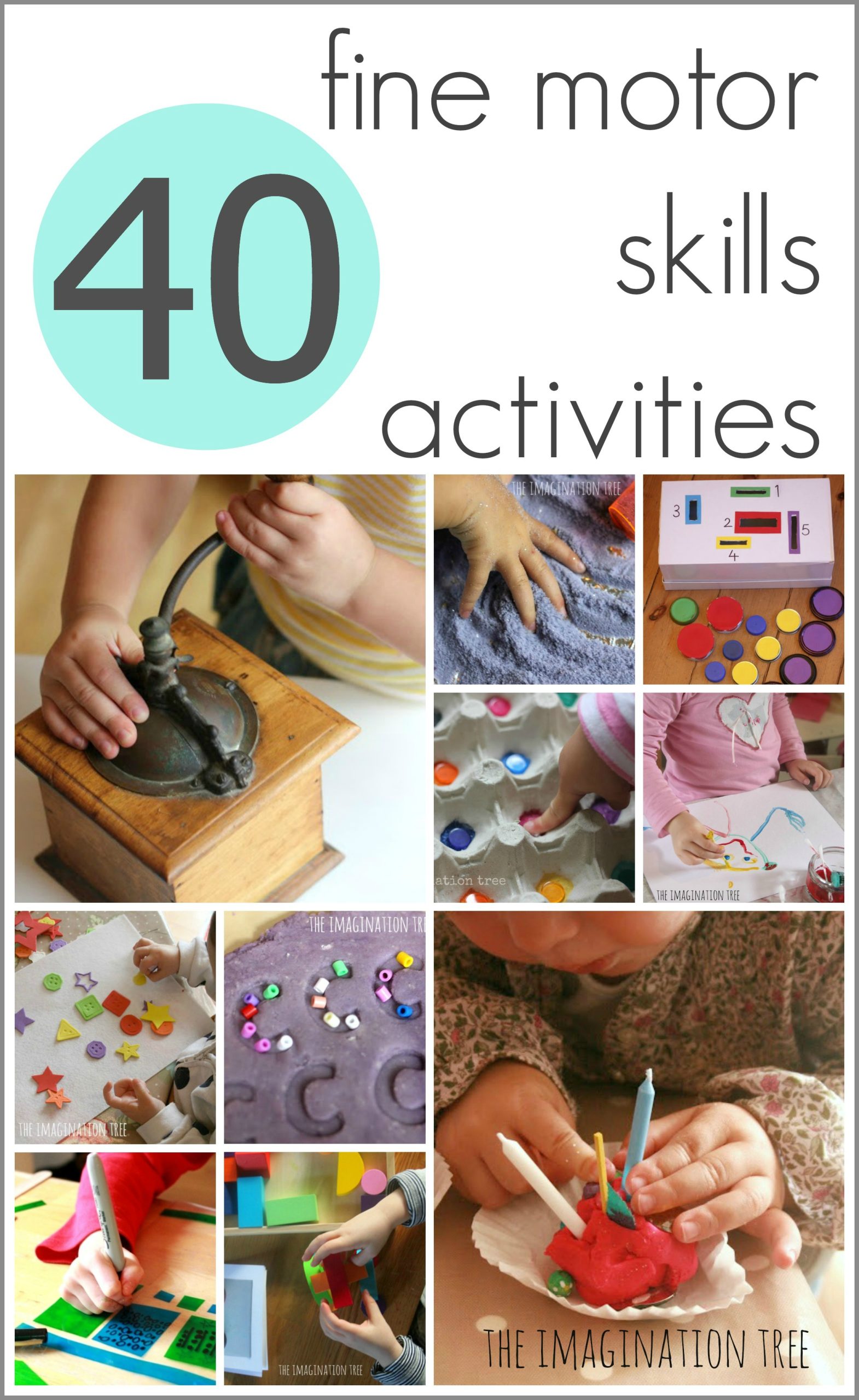
Credit: theimaginationtree.com
Frequently Asked Questions Of How To Support Fine Motor Skills Development
What Are Fine Motor Skills And Why Are They Important?
Fine motor skills involve the use of small muscles to perform precise movements. They are crucial for tasks like writing, buttoning clothes, and using utensils, contributing to a child’s independence and academic success.
How Can I Identify If My Child Has Fine Motor Skill Issues?
Signs of fine motor skill issues may include difficulty holding a pencil, trouble with dressing tasks, and challenges with using scissors or utensils. Consult with a pediatrician or occupational therapist for an accurate assessment and guidance.
What Activities Can Support The Development Of Fine Motor Skills?
Engaging in activities such as drawing, coloring, playing with playdough, cutting with scissors, and threading beads can enhance fine motor skills. Additionally, building with blocks, completing puzzles, and using tweezers or tongs can also be beneficial.
Why Is It Important To Support Fine Motor Skill Development?
Supporting fine motor skill development is crucial for promoting a child’s independence, academic success, and overall well-being. These skills enable children to effectively complete everyday tasks, enhance hand-eye coordination, and prepare for academic challenges.
Conclusion
Supporting fine motor skills development is crucial for a child’s overall growth and success. By incorporating activities that focus on hand-eye coordination, finger dexterity, and hand strength, parents and educators can provide the necessary foundation for academic and daily life achievements.
Embracing a holistic approach to fine motor skills development can greatly enhance a child’s learning journey.

Emily specializes in integrating arts into early childhood education. She believes in fostering creativity and imagination through music, art, and drama activities.


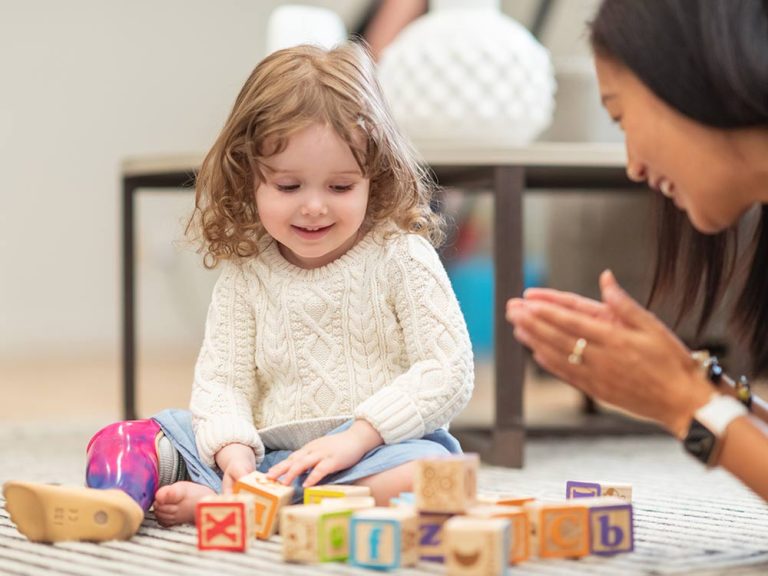


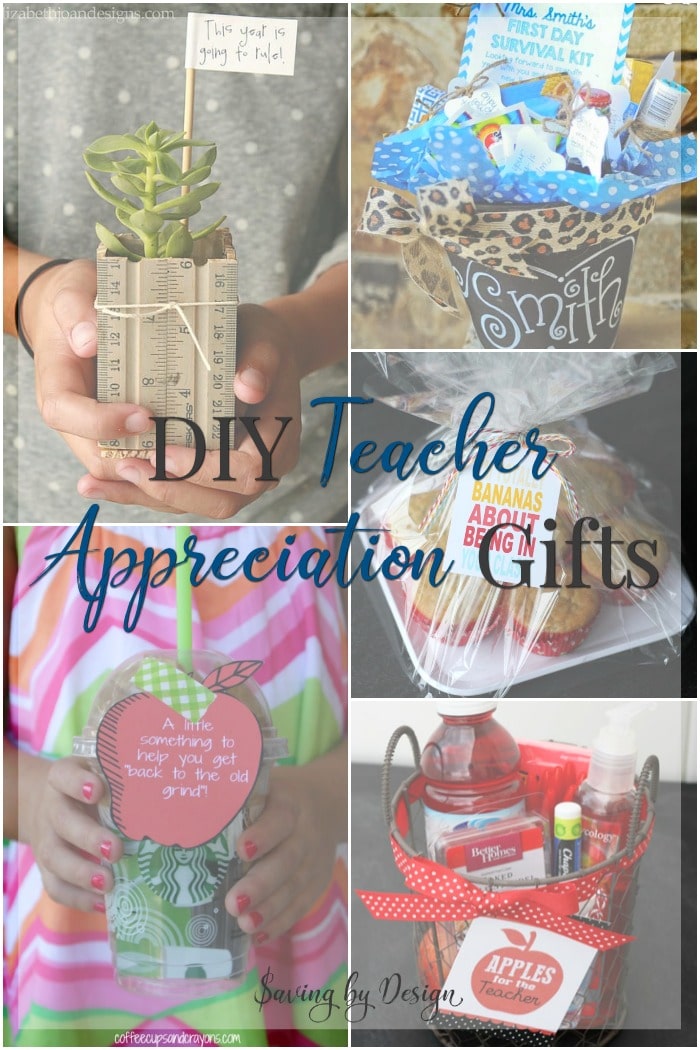
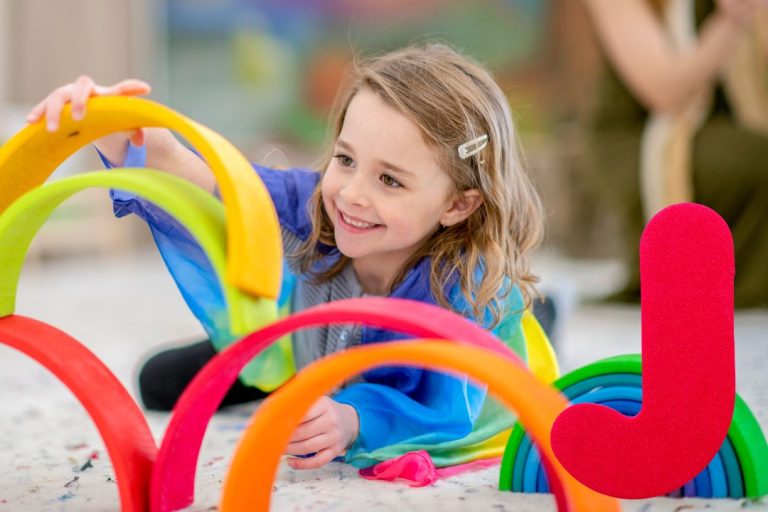
8 Comments